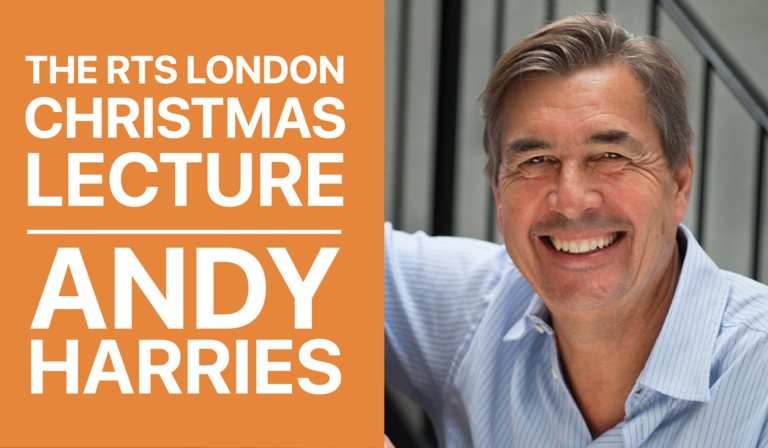Stewart Purvis is uniquely placed to discuss content regulation. He began his broadcasting career at the BBC and then moved to ITN where he rose to become Editor-in-Chief and then Chief Executive from 1995-2003. During his time as Editor of Channel Four News in the early eighties he won two British Academy Awards and is often credited with having turned the programme into the success it became.
By the time Digital Switchover completes in 2012 the rules that govern the content in British broadcasting will be nearly a decade old. Since the Communications Act of 2003 digital television and broadband internet have become mainstream. In his RTS Fleming Lecture, Stewart Purvis will argue that it is time to call time on analogue-style content regulation and that a new Communications Act should introduce fundamental reform.
Speakers
Stewart Purvis CBE
Booking Instructions
If you wish to accept, please complete this reply slip and return it, no later than Thursday 4 November 2010, to the RTS Events Department indicating the number of tickets you require.
The 2010 RTS Fleming Memorial Lecture will be held on Thursday 11 November 2010 at 7.15pm for 7.30pm at the Cavendish Conference Centre, 22 Duchess Mews, London, W1G 9DT.



